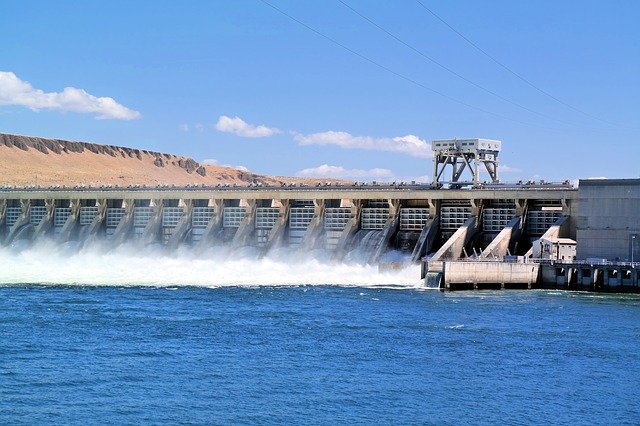 We have all been asked to turn off the tap while brushing teeth, or installing low-flush toilets to save water.
We have all been asked to turn off the tap while brushing teeth, or installing low-flush toilets to save water.
March 22 is World Water Day - a day to draw our attention to this life-sustaining resource that is in danger.
Freshwater sources such as rivers and reservoirs are drying up, getting polluted, or getting diverted for industry and agriculture. More than a billion people do not have access to clean drinking water, and the situation will only worsen as our world's population grows.
Every year, the United Nations highlights a specific aspect of freshwater. This year’s World Water Day is dedicated to “Water and Energy” - a connection that is not obvious or easily understood.
Energy and Water: The Connection
It turns out water and energy are closely linked. Well, we all know that water is used to generate electricity in hydroelectric power plants.
But did you know that to extract that very energy, a lot of water is required? Water is needed to cool the turbines to prevent overheating. And this water, once used for cooling, is not fit for human consumption.
Electricity generation at coal and nuclear power plants also require water for cooling their turbines to prevent a meltdown. Remember the Fukushima nuclear reactor tragedy where the cooling pumps failed because saltwater got into the freshwater source that fed the cooling pumps?
The freshwater we get in our taps also uses energy. Most of the water that flows into our homes travels long distances. It needs to be filtered and pumped from rivers and streams before it can be delivered to our homes -- all of which requires energy!
Extracting petroleum, growing our biofuel, and even mining coal – the other sources of energy, all require water in large quantities, during the extraction, drilling, and the growing of crops?
Why The Concern?
Unfortunately for us, water and energy are two resources that are closely interlinked, and in short supply.
We have all heard about the impact on our climate from burning fossil fuels. So, now when we conserve water, we can reduce the burning of fossil fuels. Also, if large amounts of water are used for generating energy, that will compete with other needs like farming as well as impact local ecosystems.
In the United States, about 4% of the power generated is used for water supply and treatment. But did you know that 9% of the energy bill that your parents pay each month is used to just heat water?
So what can we do this World Water Day? One of the easiest ways to conserve water is to use less electricity or transportation fuel and making our energy-guzzling devices more efficient. And remember to power off appliances when they are not in use!
Courtesy: UNWater.org, USGS






